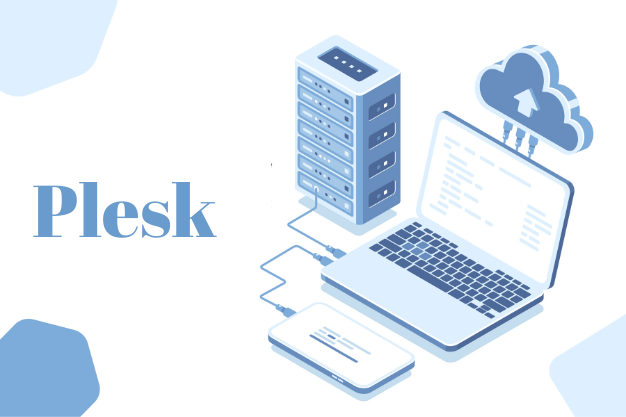Plesk Panel: 10 Essential Security Settings to Safeguard Your Web Server
Introduction:
Security is paramount for web servers, and Plesk Panel offers various settings to enhance the security of your hosting environment. By properly configuring these security settings, you can protect your server from potential threats and ensure the safety of your data. In this article, we will explore the security settings available in Plesk Panel and how to configure them effectively. From firewall configuration to SSL/TLS settings, we will cover all the essential steps.
Accessing Security Settings
To access the security settings in Plesk Panel, follow these steps:
- Log in to your Plesk Panel account using your credentials. Typically, this can be done by navigating to
https://your-server-ip:8443in your web browser. - Once logged in, navigate to the “Security” tab in the main interface to access security settings. Here, you can configure various security features to enhance your server’s protection.
Firewall Configuration
Plesk Panel provides a built-in firewall tool for managing incoming and outgoing traffic. Proper firewall configuration is crucial for securing your server:
- Configure firewall rules to allow or block specific ports and protocols based on your security requirements. This ensures that only trusted IP addresses can access your server.
- Customize firewall rules according to your needs to enhance your server’s security posture and prevent unauthorized access.
Fail2Ban Integration
Fail2Ban is a robust intrusion prevention software integrated with Plesk Panel. This software helps protect your server by automatically banning suspicious IP addresses:
- Enable Fail2Ban to automatically ban IP addresses that exhibit suspicious behavior, such as multiple failed login attempts. This helps prevent brute force attacks on your server.
- Customize Fail2Ban rules to specify which events should trigger a ban, further enhancing your server’s security.
Security Advisories
Staying informed about security vulnerabilities and updates related to your server’s software is critical. Plesk Panel provides security advisories to help you stay up to date:
- Regularly check security advisories to ensure your server is up to date and secure. This helps you address potential vulnerabilities before they can be exploited.
- Apply all necessary updates and patches to your server’s software to maintain a secure hosting environment.

SSL/TLS Configuration
Secure Socket Layer (SSL) and Transport Layer Security (TLS) are crucial for encrypting data transmitted between the server and clients. Plesk Panel allows you to configure SSL/TLS settings effectively:
- Configure SSL/TLS settings to enforce HTTPS connections and specify preferred protocols and cipher suites. This ensures that user data remains secure during transmission.
- Plesk Panel also offers free SSL certificates through Let’s Encrypt, which can be used to secure your websites.
Hardening Recommendations
Plesk Panel offers hardening recommendations to improve the overall security posture of your server. Implementing these recommendations is crucial for a secure hosting environment:
- Implement suggested security measures, such as disabling unnecessary services, using strong passwords, and keeping software up to date. These steps help prevent unauthorized access and ensure your server’s security.
- Regularly review and apply Plesk Panel’s hardening recommendations to maintain a secure server environment.
Backup Encryption
Encrypting backup files is essential to protect sensitive data stored in backups. Plesk Panel offers backup encryption options to enhance security:
- Enable backup encryption to ensure that backup files remain secure even if they are accessed by unauthorized users. This adds an extra layer of security to your data.
- Regularly test and verify your backups to ensure they are encrypted and can be restored when needed.
Regular Security Audits
Conducting regular security audits is essential for identifying and addressing potential vulnerabilities in your hosting environment. Plesk Panel provides tools to assist with these audits:
- Use security scanning tools to identify weak points in your server’s configuration and take necessary corrective actions.
- Regularly review server logs to detect suspicious activities and unauthorized access attempts, allowing you to address potential security issues promptly.
Conclusion
By configuring and maintaining robust security settings in Plesk Panel, you can safeguard your web server against various security threats and protect your data from unauthorized access or manipulation. Staying proactive in monitoring and updating security settings is crucial for mitigating risks and ensuring the continued integrity and availability of your hosting environment.
Implementing these security measures will help you maintain a secure and reliable web hosting environment. For more detailed guidance, you can visit the original article.




